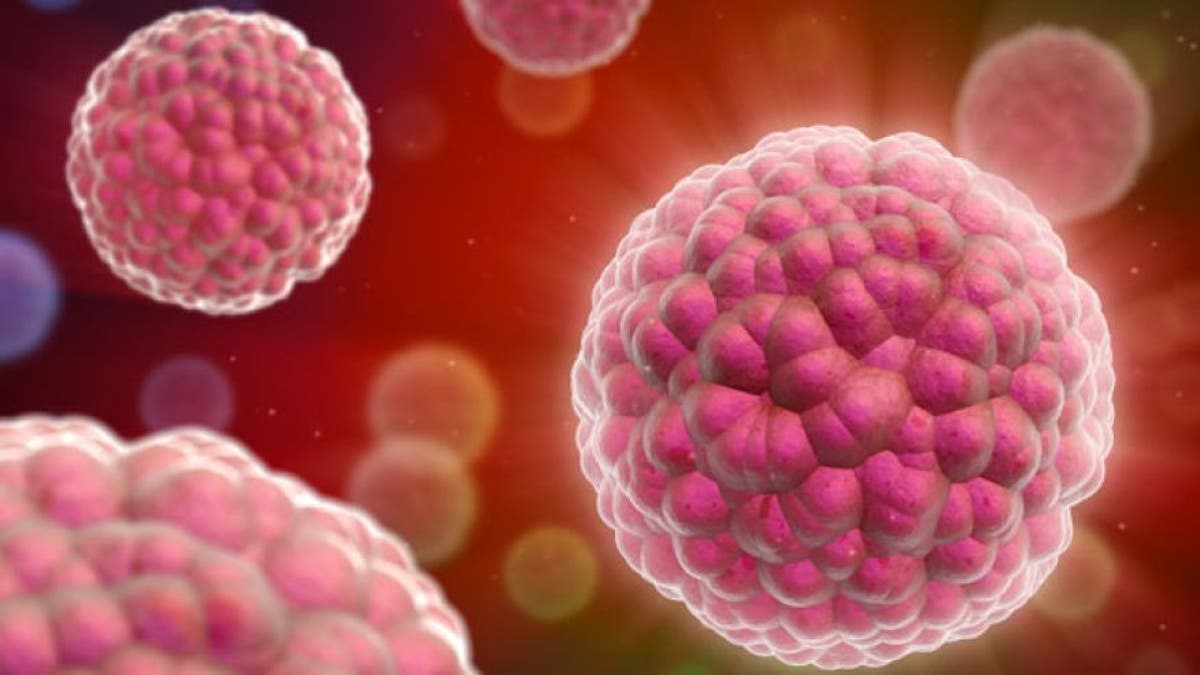
Everyone’s talking about “the cancer gene,” but did you know that all cancer is caused by genetic mutations? A mix of lifestyle and environmental factors—what you eat, whether you smoke, the air you breathe—are responsible for many harmful changes to DNA, causing cells to grow out of control.
Inheriting a gene from a parent plays a role in probably 10 to 15 percent of cases, said Dr. Mary Daly, chairwoman of the department of clinical genetics at Fox Chase Cancer Center in Philadelphia, though researchers are looking into even more genetic links. The rest, at this point, is probably chance (Ann Malik’s doctors blame her cancer on “bad luck”). So what do you need to know to better understand your risk?
MORE: 6 Moves To Resize Your Butt and Thighs
Start with your family history.
“This is the time to talk to your mom about her mom,” said Dr. Elizabeth Swisher, professor of OB/GYN at the University of Washington School of Medicine and coleader of Stand Up to Cancer’s Ovarian Cancer Dream Team. Talk to your dad, too; paternal history is just as important, even for cancers that affect only women. Strong family history (two or more close relatives with cancer) is currently the most reliable predictor of risk. A genetic counselor can help you make the call about whether to be tested.
Know what to expect from the test.
If you do opt to get gene-tested, don’t think of it as a crystal ball for every type of cancer. The test your doctor would order typically looks for mutations in a few genes—mainly linked to breast, ovarian and gastrointestinal cancers. But there’s a movement afoot to make testing more widely available with affordable online kits. Color Genomics offers a $249 test that analyzes 19 genes linked to breast and ovarian cancers and can assign you necessary genetic counseling to review the results.
MORE: The #1 Place You Must Visit in Your Life
Genes aren't necessarily destiny.
Some inherited mutations, like BRCA1 and BRCA2, can raise a person’s lifetime breast cancer risk to as much as 65 percent and ovarian cancer risk up to 39 percent. Other genetic mutations carry a moderate risk of 20 to 40 percent, said Dr. Nadine Tung, director of the cancer risk and prevention program at Beth Israel Deaconess Medical Center in Boston. That’s scary but still far from inevitable: Other factors will affect whether a person ultimately develops cancer, like the position of the gene mutation, the influence of other genes and the lifestyle factors you already know about.
MORE: 4 Things Men Hide From Their Wives
Not everyone will go the Angelina Jolie route.
Different risk profiles may present different choices. Meredith Swinney, 33, tested positive for BRCA2 in 2010, several years after her mother died of ovarian cancer.
“I wasn’t ready to have all those parts of me removed,” said the Philadelphia-based academic program coordinator; her doctor worked out a plan of semiannual breast MRIs and mammograms, and she plans to undergo ovarian surgery at 35.
Some women with the BRCA mutations have options, based on age and genetic risk, said Sue Friedman, executive director of FORCE, a nonprofit focused on hereditary breast and ovarian cancers.
Your test could help someone else.
Doctors might find an atypical gene variation, but not be sure of what it means, said Daly. Registries like PROMPT allow people who’ve been tested to contribute their genetic data so researchers can provide better risk estimates in the future.
